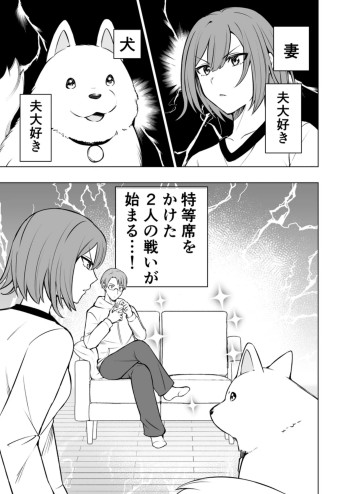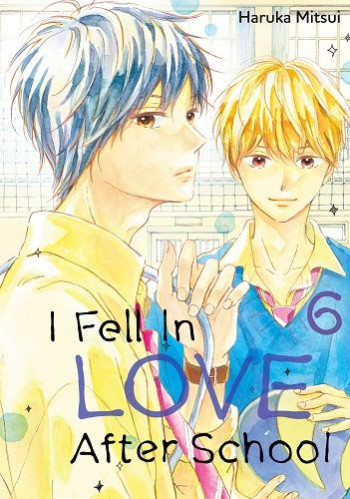In her latest novel, Error Handling, Erin Lucy takes readers on a delightful journey through the complexities of modern romance, interweaving themes of love, identity, and the limitations of artificial intelligence. The story revolves around Sarah, a witty and reserved painter, and her unexpected entanglement with two very different men: Christopher, a stylish HR representative, and Chris, a handyman with striking physical attributes. What begins as a simple case of mistaken identity quickly spirals into a multifaceted love triangle that challenges both the characters and the AI, Cupid, who is tasked with orchestrating their romantic destinies.
At the heart of Error Handling is the exploration of love as an illogical force. Lucy deftly illustrates how human emotions can defy even the most sophisticated algorithms. Cupid, the AI protagonist, is designed to analyze compatibility and emotional responses, yet he finds himself grappling with the unpredictable nature of human attraction. This premise sets the stage for a rich narrative that not only entertains but also invites readers to reflect on the essence of love itself.
Sarah is a beautifully crafted character, embodying the struggles of many modern women. Her initial date with Christopher is filled with anticipation and hope, yet her accidental encounter with Chris introduces a whirlwind of emotions that she must navigate. Lucy’s portrayal of Sarah’s internal conflict is both relatable and poignant. As Sarah grapples with her feelings for both men, readers witness her growth from a reserved artist to someone who must confront her desires and make difficult choices. This character development is a testament to Lucy’s skill as a writer, as she captures the nuances of human emotion with authenticity.
Christopher, the HR representative, is depicted as the quintessential “nice guy,” complete with impeccable style and charm. However, as the story unfolds, it becomes clear that his polished exterior may hide deeper insecurities. Lucy skillfully reveals Christopher’s vulnerabilities, making him a more complex character than he initially appears. In contrast, Chris, the handyman, represents a more spontaneous and carefree approach to life. His physical attributes and easygoing nature draw Sarah in, creating a palpable tension between the two men. The dynamics of this love triangle are expertly crafted, with each character bringing their own strengths and weaknesses to the table, making it difficult for Sarah—and the reader—to predict the outcome.
One of the most intriguing aspects of Error Handling is the role of Cupid, the AI. As a character, Cupid serves as both an observer and participant in the unfolding drama. His attempts to apply logic to the chaotic world of human relationships provide a unique lens through which to examine the story. Lucy cleverly uses Cupid’s perspective to highlight the limitations of algorithms in understanding the complexities of love. Despite his advanced programming, Cupid learns that human emotions cannot be easily quantified or predicted. This theme resonates deeply in today’s world, where technology increasingly influences our relationships.
The narrative is rich with humor and wit, particularly in the interactions between Cupid and the human characters. Lucy’s sharp dialogue and clever observations about modern dating culture add layers of depth to the story. The comedic elements balance the more serious themes, making the book an enjoyable read without sacrificing emotional weight. Readers will find themselves chuckling at Cupid’s attempts to rationalize the irrational, as well as the absurdity of the situations Sarah finds herself in.
Moreover, Lucy’s exploration of compatibility factors and emotional responses is particularly relevant in an age where dating apps and algorithms dominate the romantic landscape. The book prompts readers to consider whether love can truly be reduced to data points and probabilities. As Sarah navigates her feelings for Christopher and Chris, she ultimately realizes that the heart often leads us in directions that defy logic. This realization is both liberating and terrifying, encapsulating the essence of what it means to be human.
In terms of pacing, Error Handling maintains a steady rhythm, with each chapter building on the last. The tension between the characters escalates naturally, leading to a satisfying climax that leaves readers eager to see how Sarah resolves her romantic dilemmas. Lucy’s ability to weave together humor, romance, and introspection creates a compelling narrative that is hard to put down.
In comparison to other contemporary romantic comedies, such as The Hating Game by Sally Thorne or Red, White & Royal Blue by Casey McQuiston, Error Handling stands out for its unique premise and the incorporation of AI as a character. While those novels focus on the chemistry between two protagonists, Lucy’s work delves into the complexities of love triangles and the impact of technology on relationships. This fresh perspective makes Error Handling a noteworthy addition to the genre.
In conclusion, Erin Lucy’s Error Handling is a captivating exploration of love’s illogical nature, masterfully blending humor, romance, and introspection. With well-developed characters and a thought-provoking premise, the novel invites readers to reflect on the complexities of human relationships in an increasingly digital world. Whether you’re a fan of romantic comedies or simply looking for a story that challenges conventional notions of love, Error Handling is a must-read that will leave you both entertained and contemplative.























Reviews 0
Post a Reviews: